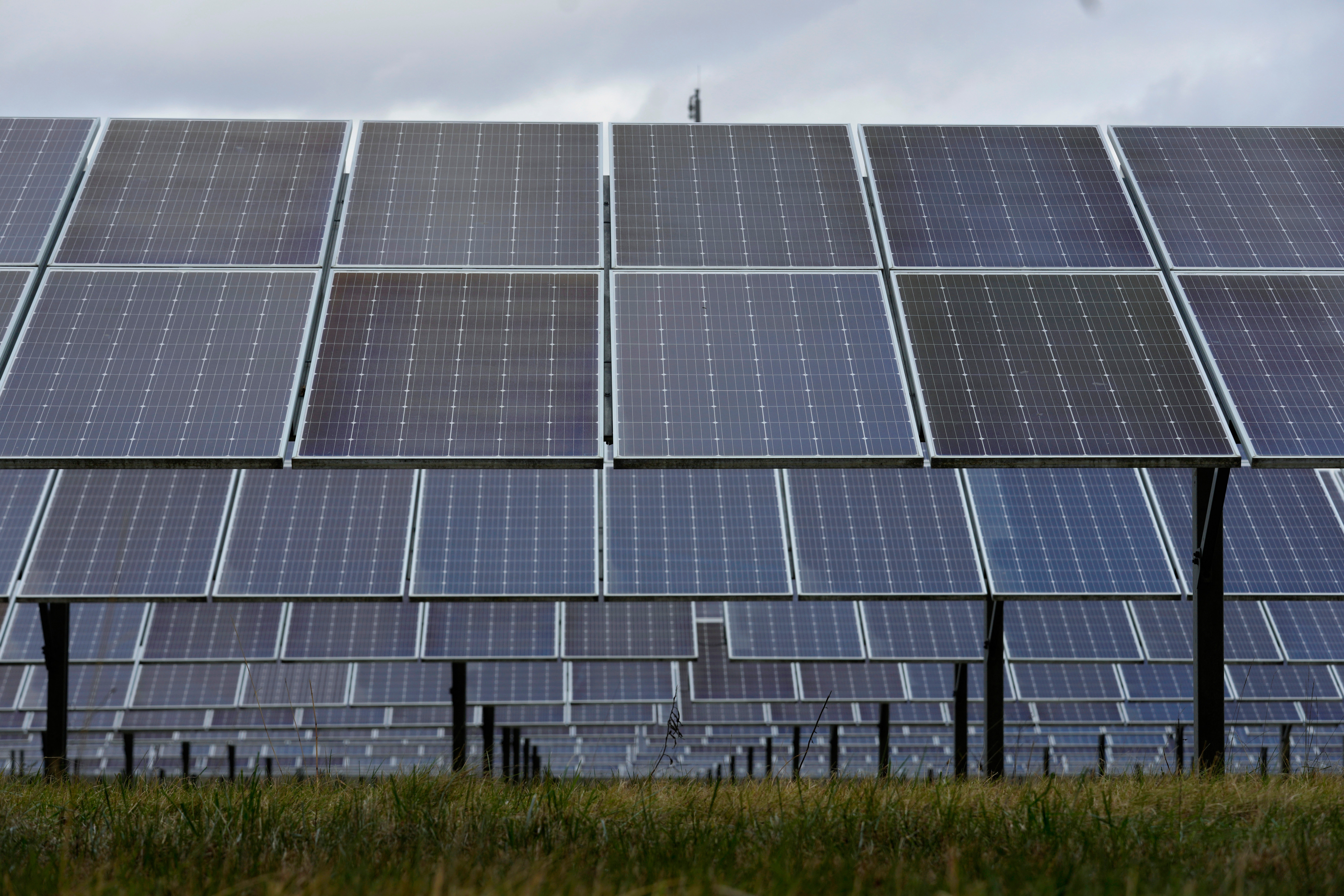Fairy-tale town of Marburg up in arms over decree on solar panels

The university town of Marburg is where the Brothers Grimm collected many of their fairy tales, and the cobbled streets and medieval buildings look like they could have come straight out of one of their illustrated children's books.
Now, following the approval of a new law, the quaint red-tiled roofs may soon have to be adorned with solar panels and the usually genteel residents are up in arms.
From October this year it will be mandatory for solar panels to be installed on new buildings, as well as those being expanded, altered or renovated. Any property owner who fails to comply will face a fine of at least €1,000 (£790).
The city's governing coalition of Greens and Social Democrats hailed the measure as a landmark, which placed Marburg at the cutting edge of Germany's rigorous campaign to cut carbon emissions by up to 40 per cent by 2020. The German branch of Greenpeace praised the city of 80,000 as a "pioneer for renewable energy". But not everyone is impressed.
Herman Uchtmann, a conservative Christian Democrat town councillor has accused the city's coalition of trying to run an "environmental dictatorship".
"The town council should not have the right to force people to install solar panels on properties. The whole thing should be voluntary," Mr Uchtmann said.
"There are some young families who just can't afford the installation and there are older people who may not live to reap the financial benefits."
For the average household, installation costs have been estimated at around €5,000. Ardent backers, such as the city's Green Party mayor Franz Kahle, insist that although the up-front figure is expensive, it would be offset by energy savings within 15 years.
However, since the ruling was passed last week, it has emerged that Mr Kahle is not a home owner but a tenant who would therefore enjoy the benefits of the new law without having to pay for them.
Mr Uchtmann is now spearheading a campaign to have the ruling outlawed by the courts before it comes in to force.
"I think that people should be able to decide whether they want solar panels on an individual basis and not by decree," he said.
His position has been backed by energy suppliers and the Marburg home owners' association. Heinz Ludwig, its spokesman, said that home owners were being penalised by the new law. "The high costs that we will be obliged to pay for solar power will deter many of us from investing in other climate-conscious measures," he said.
The criticism is a setback for Germany and its attempts to portray itself as the world's greenest nation. Similar criticism was levelled at wind energy providers after the government began heavily subsidising the installation of wind farms in eastern Germany in the 1990s.
Germany's Solar Industry Association, which oversaw the opening of the world's largest solar energy plant in east Germany earlier this month, admits that the initial cost of solar panels for home heating is a major barrier for would be consumers.
The association favours a combination of solar panels for heating and greater energy efficiency in the planning and construction of new homes. A solar powered housing estate set up on the site of a former French army barracks outside Freiburg in southern Germany is home to some 5,000 residents.
Join our commenting forum
Join thought-provoking conversations, follow other Independent readers and see their replies
Comments